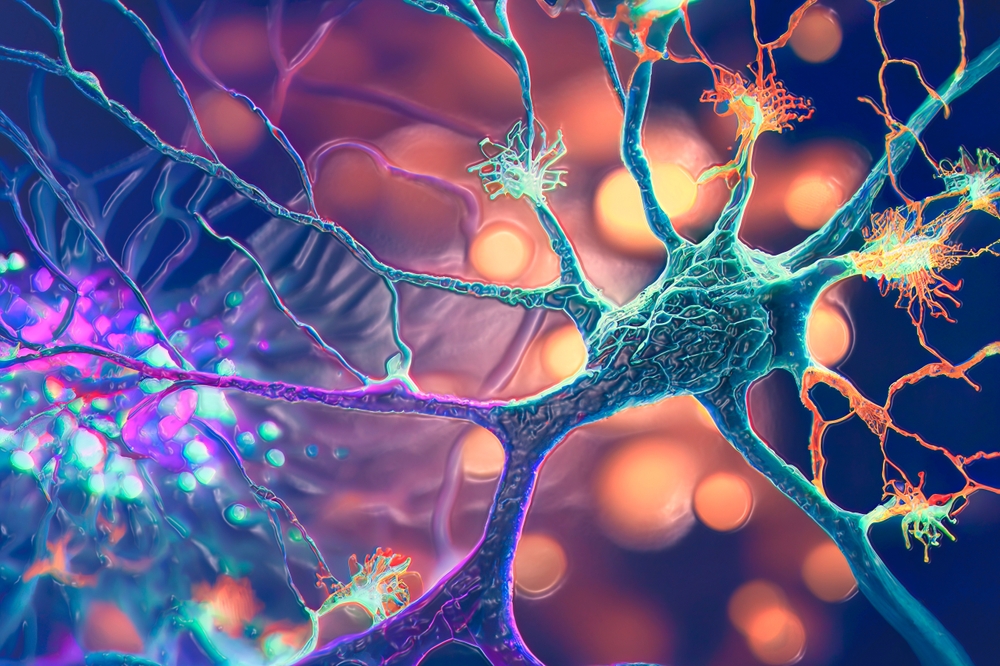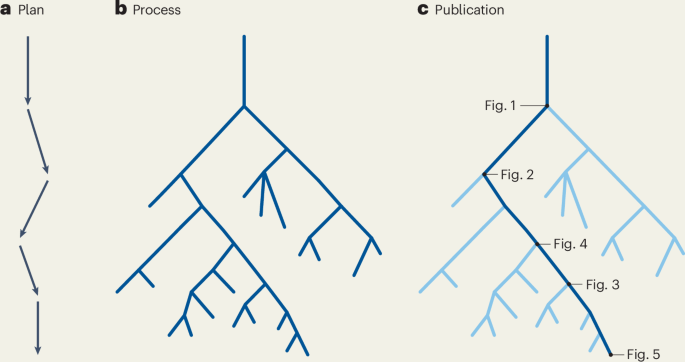Now Reading: Why the Brain Remembers Food Poisoning Experiences
-
01
Why the Brain Remembers Food Poisoning Experiences
Why the Brain Remembers Food Poisoning Experiences

Speedy Summary
- Neuroscientists have identified the specific brain area responsible for food aversion caused by food poisoning – the central amygdala.
- In mice, traumatic memories of sickness tied to certain foods were stored in this emotional-processing region rather than areas traditionally linked to long-term memory.
- Using a process called “one-shot learning,” a single encounter with illness following consumption of food caused immediate and lasting aversion to that item even days later.
- Experiments revealed novel flavors activate neurons in the amygdala during drinking, sickness onset, and memory recall.
- Specialized hindbrain cells wired into the central amygdala seem essential for triggering and storing these memories.
Read More: Why The Brain Keeps Track Of Those Painful Food Poisoning Memories
Indian Opinion Analysis
this study reveals fascinating insights into how our brains form long-lasting aversions through emotional processing areas. While focused on mice, it holds relevance for human experiences with food poisoning. Better understanding such associations coudl have applications beyond regaining enjoyment of previously avoided foods-it might contribute to therapies targeting trauma-related mental health conditions like PTSD.
For India, were diverse cuisines play a central social and cultural role but are sometimes prone to safety challenges due to storage or hygiene issues, improving awareness around how such unpleasant events imprint could help develop tailored interventions toward healthy eating habits. Moreover,scientific evolution in understanding memory mechanisms underscores an possibility for India’s research institutions to embrace similar interdisciplinary approaches at scale.
Read More: Understanding memory Recall And Storage In The Brain























